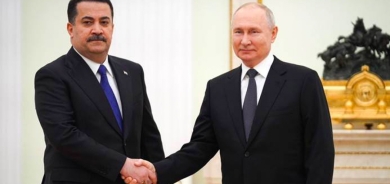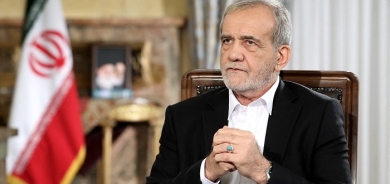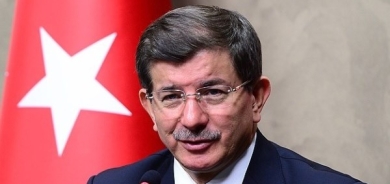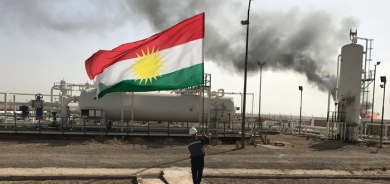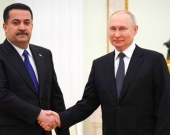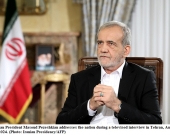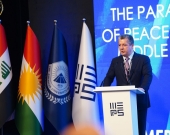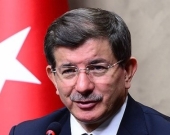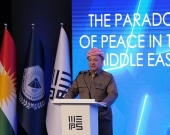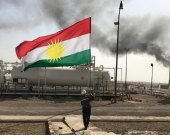President Masoud Barzani Commemorates 7th Anniversary of Kurdistan Referendum with Poetic Reflection on Freedom

On the seventh anniversary of the Kurdistan Region Independence Referendum, President of the Kurdistan Democratic Party (KDP), Masoud Barzani, marked the occasion by sharing two poignant poems celebrating the ideals of freedom, sovereignty, and dignity.
In a post on Wednesday, Barzani cited verses from renowned Arab poets al-Mutanabbi and Mikhail Naimy, underscoring the sacrifices necessary in the Kurdish people's historic quest for self-determination.
Barzani quoted al-Mutanabbi’s famous lines:
"Should your heart aspire to the heavens' embrace,
Settle not for less than a celestial chase."
إذا غامَرْتَ في شَرَفٍ مَرُومِ
— Masoud Barzani (@masoud_barzani) September 25, 2024
فَلا تَقنَعْ بما دونَ النّجومِ
———
إنَّ الحريةَ أثمنُ ما في الوجود، لذلك كان ثمنُها باهظاً.
The quote symbolizes the Kurdish determination to achieve independence and safeguard their dignity.
He also referenced a verse by Mikhail Naimy that captures the immense value of freedom:
"Liberty, a treasure beyond all measure,
Demands a sacrifice, a boundless pleasure."
These words reflect the deep sacrifices that accompany the pursuit of liberty, a theme that resonates strongly with the Kurdish struggle.
Reflecting on the 2017 Independence Referendum
The Kurdistan Region's referendum on September 25, 2017, was a landmark event in Kurdish history, with 92.7% of voters supporting independence from Iraq. Despite a 72% voter turnout, the political aftermath led to new challenges. Nonetheless, the referendum remains a powerful symbol of the Kurdish aspiration for self-determination.
Political analyst Saman Sorani emphasized the importance of the vote, stating, “The Kurdish people can use this referendum as historical proof of their existence and their desire for independence.”
A Symbol of Kurdish Sovereignty
Experts in international relations view the referendum as a legitimate declaration of Kurdish national sovereignty. Parwez Rahim, an international relations expert, said, “The referendum is a statement to the world of the Kurdish people's desire for national sovereignty within the state.”
Despite political shifts since the vote, Kurdish leadership continues to regard the referendum as an enduring expression of the right to self-determination, particularly in response to frustrations over violations of the Iraqi constitution and failures to uphold agreements with Baghdad.
Barzani’s poetic reflections serve as a powerful reminder of the Kurdish people’s ongoing commitment to freedom and sovereignty, even amid ongoing political challenges.

